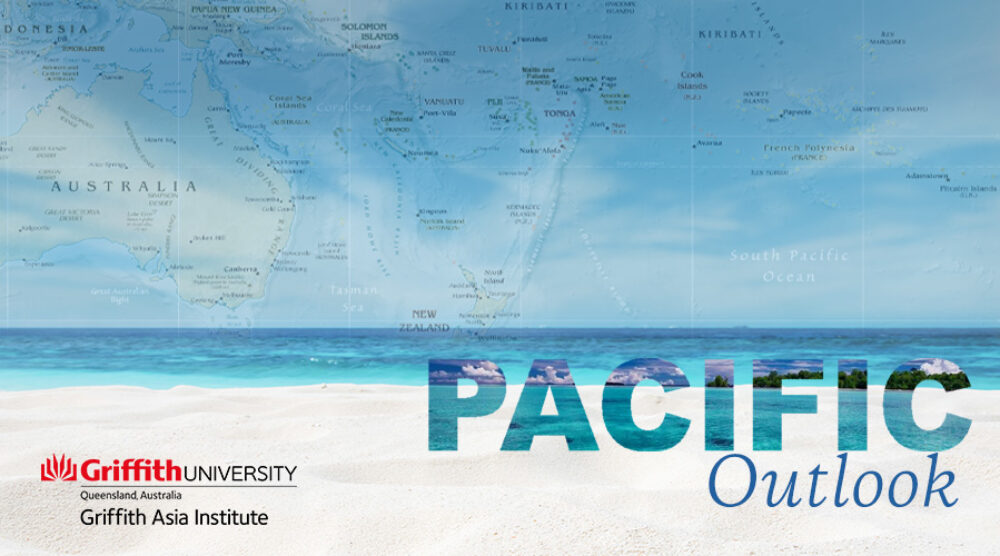Controversial funding of biomedical start-up in Papua New Guinea
Government funding of a biomedical start-up in PNG has caused controversy. Niugini Biomed was established as a company in August. Its shareholders and directors are members of staff at the University of Papua New Guinea. They have reportedly received more than ten million kina (US$ 2.8 million) to develop a cure for COVID-19.
Prime Minister James Marape has defended his government’s decision to allocate this funding. This is despite his country being in serious economic and financial difficulties. In addition, this move has been criticised by senior members of the medical and scientific community in PNG. The country’s Institute of Medical Research says they have not been consulted about this project.
While the health minister, Sir Puka Temu, has said that the funding is confirmed, the PM has subsequently said that the process of engaging this company is still underway.
Nurses in Solomon Islands take industrial action
In Solomon Islands nurses have staged a sit-in at the National Referral Hospital. The protest is in relation to non-payment of special COVID-19 allowances by the government.
The sit-in came after the Solomon Islands Nurses Association (SINA), whose membership numbers around 500, was refused a permit to hold a protest march. The nurses had insisted that they required a response from the Prime Minister’s Office and the COVID oversight committee.
At the end of last week the Prime Minister issued a legal notice suspending SINA. This notice was issued under COVID-19 emergency regulations. The suspension was made on the basis that “it is necessary to do so for the public interest and for the COVID-19 related purpose of maintaining public health and safety”.
However, a move of this type by the government raises concerns that emergency powers are being used to constrain freedom of association.
Online meeting of Pacific leaders to go ahead in December
The Chair of the Pacific Islands Forum (PIF) has confirmed that the region’s leaders will meet online during December of this year. The in-person meeting that was scheduled for August was cancelled as a result of COVID-19 impacts.
The main item for leaders to address is the appointment of a new Secretary-General for the Pacific Islands Forum Secretariat. The current incumbent, Dame Meg Taylor, is scheduled to step down from the role in January 2021.
The issue has proved problematic for the leaders of the region. The leaders of five Micronesian countries have threatened to leave the PIF if their candidate is not approved. The Chair of the PIF, Prime Minister Kausea Natano of Tuvalu has proposed an elimination process to reduce the number of candidates from five to two. The decision would then be left to the leaders of the nominating countries to resolve.
Australia pledges vaccine support to the Pacific islands region
The government of Australia has pledged to support Pacific island countries to obtain and distribute a COVID-19 vaccine. There are several projects underway to develop a vaccine around the world. It is not yet known when a vaccine will be available for use.
However, in a recent statement, the Australian Foreign Minister has said that AUD500 million will be available to the Pacific when the time comes. Marise Payne has said that this is a new financial commitment, over and above what has already been committed to work in the Pacific via the aid budget.
The funding will be used for testing of vaccines to ensure that they are effective and safe. It will also be available to fund immunisation programmes across the region to ensure that 100% of populations are protected.
COVID-19 update
The number of COVID-19 infections in the region is rising slowly. A number of countries (including Vanuatu, Tonga, and Samoa) remain free of cases.
Marshall Islands has recorded its first two cases. Both are recent arrivals into the US military base on Kwajalein atoll. Both of the cases were members of the US military and they are in managed quarantine at the base.
In Solomon Islands, the number of recorded cases has risen to thirteen. All of the cases have been in people arriving into the country on repatriation flights. The five most recent cases were returning footballers from the United Kingdom.
In Papua New Guinea, the number of infections stands at 590, with seven deaths recorded. However, the rate of testing remains low in PNG, with just over 27,000 tests carried out across a population of around ten million.
Tess Newton Cain is an Adjunct Associate Professor at the Griffith Asia Institute and project lead of the Pacific Hub.








